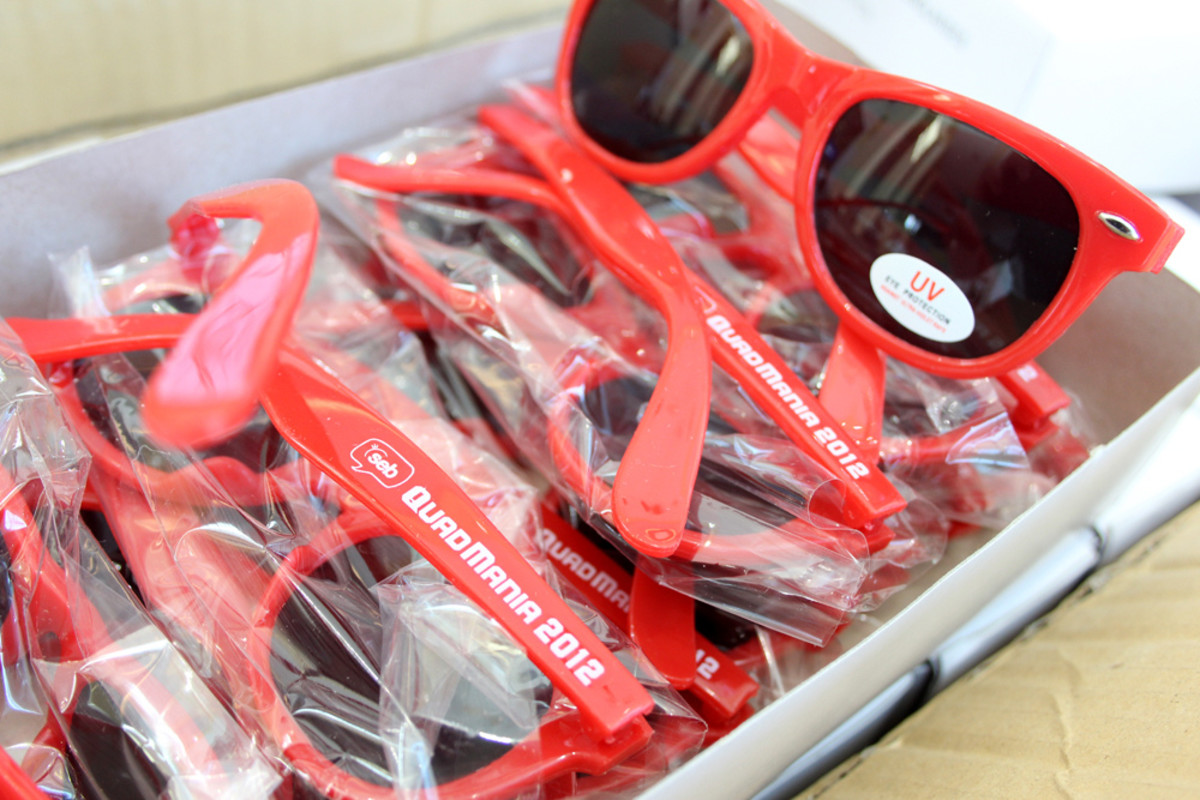Using Mobile Marketing to Promote Your Website

Mobile SEO
When it comes to getting the word out about the mobile version of your website, you can turn to various mobile marketing activities that reach customers right on their mobile phones.The most common of these marketing activities include mobile search engine optimization, mobile advertising, and marketing via mobile apps.
Mobile SEO
Now that you have a mobile website, you have to optimize it for mobile search—traditional Web searching conducted on mobile phones. And search engine optimization (SEO) is even more important in the mobile world than it is in computer-based search.
The big difference between mobile and traditional search is that while traditional Web-based search results pages show ten results or more per page, most mobile search results pages show only three or four results per screen. That makes it much more important to rank at the very top in terms of search results; lower rankings will get relegated to a subsidiary screen, with the resultant decrease in visibility and click-throughs.
The other big difference is the local nature of mobile searching. Much mobile searching is for local businesses and events: movie times, nearby restaurants, local retailers, and the like. You can take advantage of this by optimizing your mobile website for this mobile/local search.
The best way to optimize your mobile site for search is to identify key-words that help identify the location of your business. That can include
any or all of the following:
• Your store address
• City name
• State name
• ZIP code, and nearby ZIP codes
• Neighborhood
• Region or regional nicknames (tri-state regionor Silicon Valley, for example)
• Native nicknames (Garden State, Hoosier State, and so forth)
Add these local keywords to your regular list of keywords and mobile cus-tomers will be able to find you when they’re searching locally. This should move your site nearer the top of mobile search results pages.
Mobile Advertising
When advertising on mobile devices, you have the typical choice of a Pay-per-click (PPC) text ad or clickable image ad. Both can be effective.
A mobile text ad looks much like a normal Web-based PPC text ad, but with less copy—typically just 24 to 36 characters, followed by your desti-nation URL or phone number. A mobile image ad looks like a traditional Web-based banner ad, but with a very small banner that fits easily on the mobile screen.
Whichever type of ad you choose, you can decide what happens when a customer taps the ad. By default, tapping a mobile ad takes the consumer to a landing page on the advertiser’s website—one designed for mobile viewing, ideally. But you can also opt to include a “call” link in your ad;tapping this link initiates a phone call to a number you specify. This is a great way to connect directly with customers on the go.
Mobile Apps
Finally, you can market your mobile website via a mobile app. The biggest market for mobile apps today is with Apple’s iPhone and iPad; Android phones also represent a significant opportunity. Most apps are delivered via an app store, such as Apple’s App Store or the Android Market, which is accessed directly from the mobile device.
Apps are extremely popular with mobile users. Nielsen Research reports that the average iPhone user has 37 apps installed on her phone; the aver-age Android user, 22 apps; the average BlackBerry user, 10 apps.
A mobile app typically performs a single duty, or multiple duties within a defined area. Apps can display advertisements alongside more functional content, thus enabling a publisher to promote its website within the app. Publishers can also use in-app selling to market goods and services from within an application.
For marketing purposes, you need to develop an app that promotes your website and products. As such, the app needs to engage your current and future customers. The app needs to be useful, not just promotional; it can’t just be an advertisement, it has to provide real value to users.
In addition to providing utility to users, your app also needs to promote the website behind the app. It should lead users directly back to your mobile website. This isn’t just an image-building effort; you want to convert app users into customers. To that end, make it easy and worth-while for app users to get to your website for more information or services or to make a purchase.
For that matter, you can design an app to facilitate pur-chases via a mobile device. If you own a restaurant that
offers take-out or delivery services, you might want to design an app that lets customers order directly from their mobile phones. The key is to make your app useful and fun so it will lead directly to consumer purchases.
The Bottom Line
As more and more consumers access the Internet via their mobile phones, mobile e-commerce is becoming more important. To that end, you need to develop a mobile version of your website and employ various types of mobile marketing to promote it. You should also implement mobile checkout on your mobile site, such as that provided by PayPal’s Mobile Express Checkout.








